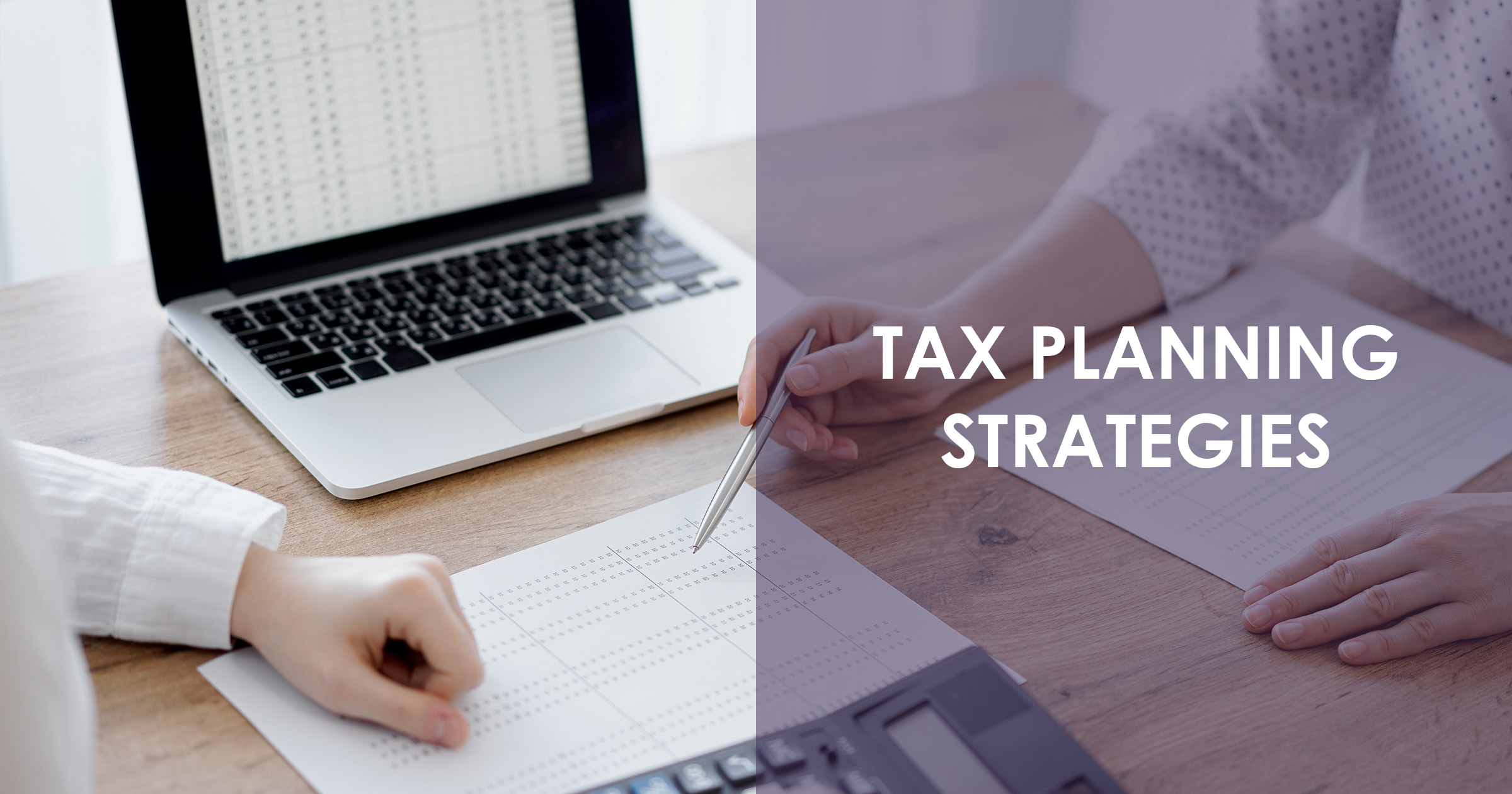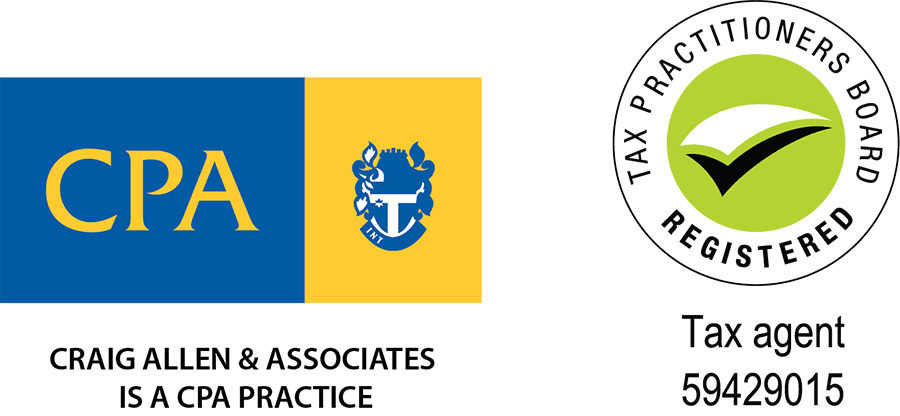Tax planning is an integral part of keeping your small business afloat. When done correctly, it helps you reduce taxes, avoid penalties, and have more money for your business or personal life.
READ MORE: Benefits of Tax Planning
What is Tax Planning?
Tax planning is analysing your overall financial situation to legally reduce your tax liability, allowing you to keep more of the income you earn. It plays a significant role in your financial plan as it provides a better understanding of the tax deductions and benefits that you qualify for.
This article lists some effective business tax planning strategies you can implement this tax time.
Start planning your tax results as soon as possible
Most people wait until year-end to begin planning their tax results, but the best time to start is now to be prepared for what’s to come. Reviewing the previous year’s results and looking at your current business performance can help determine what the future holds.
Most businesses use a tax or external accountant to help them with their tax planning. A skilled accountant can identify tax offsets and deductions, prepare precise tax returns, and ensure a favourable tax outcome.
Make Additional superannuation contributions
You can minimise your taxable income by making personal super contributions and claiming the amount as a tax deduction. This allows you to save more on your assessable income and invest in your retirement.
If you’re making a personal super contribution, you must complete a notice of intention to claim form and lodge it with your super fund. Once you receive a written confirmation from the fund, you are all set. Starting July 2021, the concessional contributions cap is $27,500.
See if you can reduce your capital gains tax liability
One way of reducing your tax payable is strategically timing the sale of any shares or assets to take advantage of Capital Gains Tax (CGT) concessions– it’s something that should always be considered.
In most cases, if you have held on an asset for more than 12 months, you can avail of a 50% discount on CGT. Note that CGT starts once you sign a contract, not when the settlement occurs.
Negatively gear an investment
As an individual, you can ‘negatively gear’ the costs of paying for an investment property and other investments to reduce the income tax you pay. Negative gearing is a strategy wherein the expenses associated with your investments are greater than the income they generate. This, therefore, reduces your taxable income and the overall amount of tax you pay The most well-known type of negative gearing is using a rental property.
Get expert advice from an accountant and business advisor
Tax planning requires a good understanding of your financial situation and in-depth knowledge of tax laws and strategies. Consulting an expert tax accountant or registered tax agent can help ensure that you and your business are in the best possible position come tax time.
Craig Allen and Associates is best placed to help you plan your tax result. We also are in a great position to provide extra services including attending to your bookkeeping, taxation and business needs so that you can concentrate on more profitable activities.
Schedule a free, no-obligation consultation now by contacting our team at 039 558 7316 or emailing us at craig@craigallen.com.au.
SHARE THIS ARTICLE








